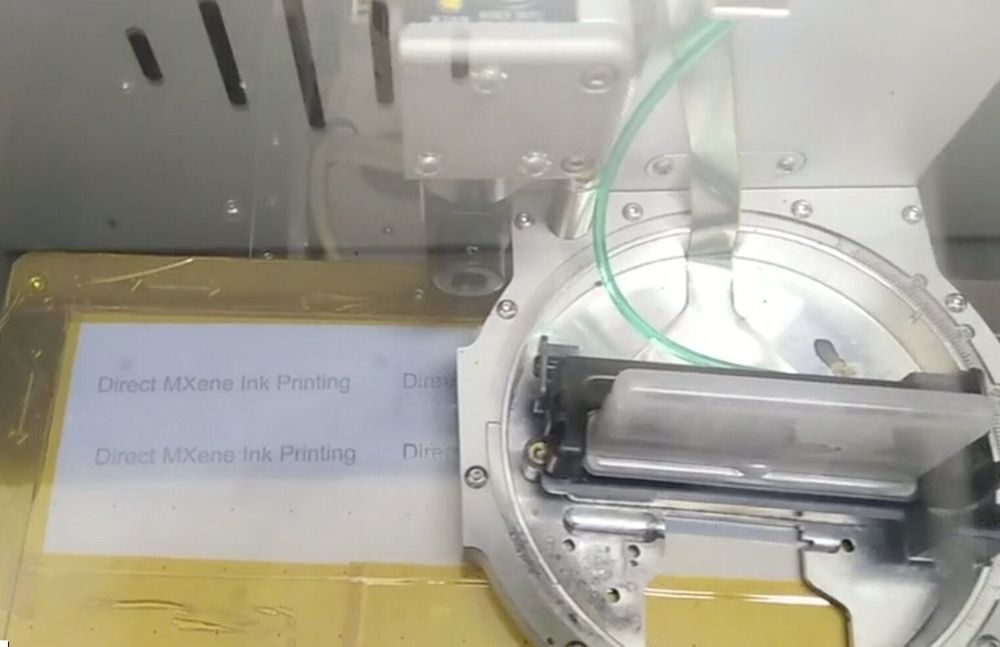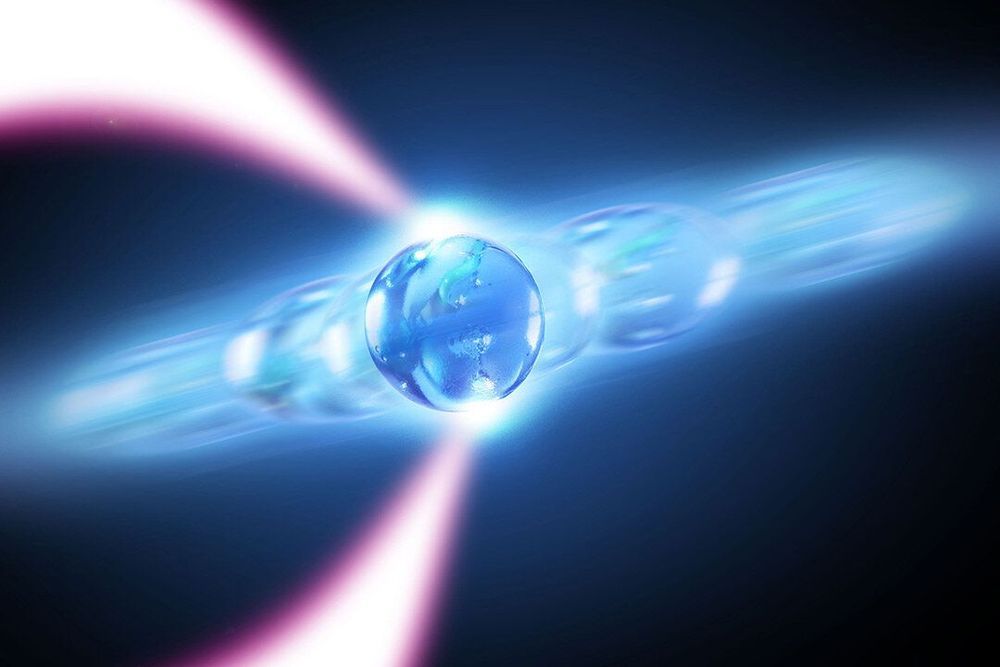Two European theoretical physicists have shown that it may be possible to build a near-perfect, entangled quantum battery. In the future, such quantum batteries might power the tiniest of devices — or provide power storage that is much more efficient than state-of-the-art lithium-ion battery packs.
To understand the concept of quantum batteries, we need to start (unsurprisingly) at a very low level. Today, most devices and machines that you interact with are governed by the rules of classical mechanics (Newton’s laws, friction, and so on). Classical mechanics are very accurate for larger systems, but they fall apart as we begin to analyze microscopic (atomic and sub-atomic) systems — which led to a new set of laws and theories that describe quantum mechanics.
In recent years, as our ability to observe and manipulate quantum systems has grown — thanks to machines such as the Large Hadron Collider and scanning tunneling electron microscopes — physicists have started theorizing about devices and machines that use quantum mechanics, rather than classical. In theory, these devices could be much smaller, more efficient, or simply act in rather unsurprising ways. In this case, Robert Alicki of the University of Gdansk in Poland, and Mark Fannes of the University of Leuven in Belgium, have defined a battery that stores and releases energy using quantum mechanics.
Read more








